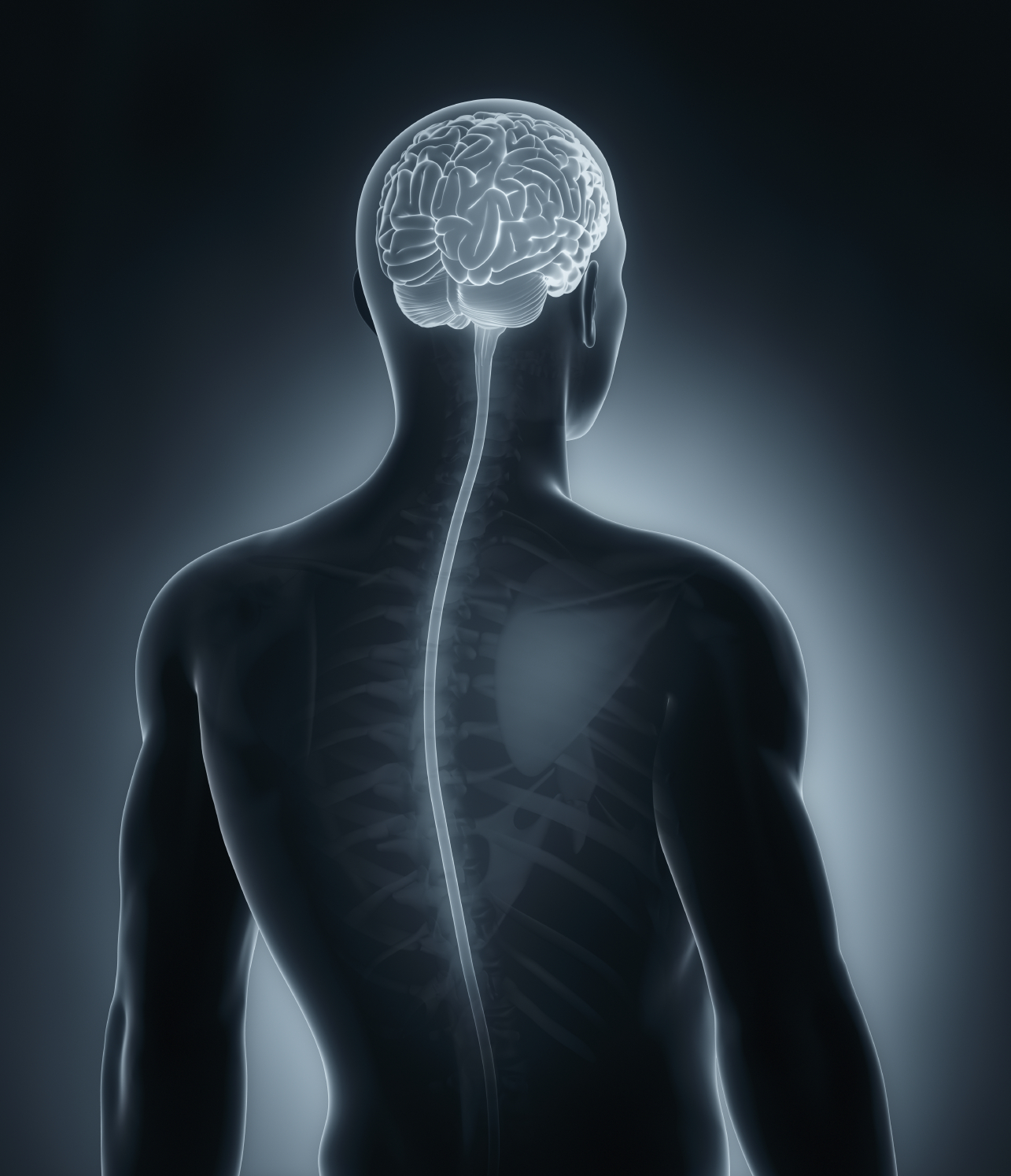-

Northwestern to Co-Lead New CZ Biohub Chicago
The Chan Zuckerberg Initiative has selected Northwestern University to co-lead its new biomedical research hub in Chicago, which will develop new technologies for studying human tissues with unprecedented resolution.
-

Calming the Destructive Cells of ALS by Two Independent Approaches
Northwestern Medicine scientists have discovered two ways to preserve diseased upper motor neurons that would normally be destroyed in ALS.
-

New Options for Treating Eczema
Patients with severe eczema who were treated with dupilumab experienced a reduction in symptoms and improved quality of life, according to a meta-analysis of several clinical trials published in JAMA Dermatology.
-

Kennedy Awarded Sloan Research Fellowship
Ann Kennedy, PhD, assistant professor of Neuroscience, has been awarded a 2023 Sloan Research Fellowship from the Alfred P. Sloan Foundation.
-

Preventive Anti-VEGF Therapy Does not Improve Outcomes for Patients with NPDR
Patients with nonproliferative diabetic retinopathy who received early therapeutic intervention saw no improvement in visual acuity compared to patients given a placebo, according to a clinical trial published in JAMA.
-

Medical Student Presents Research at Spine Society Meeting
Samuel Reyes, a second-year medical student, recently presented at the Cervical Spine Research Society annual meeting in San Diego.
-

First Transient Electronic Bandage Speeds Healing by 30 Percent
Northwestern University scientists have developed a first-of-its-kind small, flexible, stretchable bandage that accelerates healing by delivering electrotherapy directly to the wound site.
-

First Wearable Device for Vocal Fatigue Senses When Your Voice Needs a Break
Scientists have developed the first wearable device to track how much people use their voices, alerting them to overuse before fatigue and potential injury set in.
-

First COVID-19 Vaccination Can ‘Hurt’ Subsequent Boosters
A new Northwestern Medicine study shows antibodies generated by prior vaccinations or infections can actually “hurt” subsequent COVID-19 booster shots.
-

Medical Student Investigates Pediatric Inflammatory Bowel Disease
Second-year medical student Melody Brown-Clark uses her personal experience and stand-up comedy skills to speak with patients and investigate the connection between pediatric inflammatory bowel disease and avoidant/restrictive food intake disorder.
-

New Gene Implicated in Cancer, Cellular Stress Response
Northwestern Medicine scientists have identified a gene that plays a role in cellular responses to molecular stressors, such as DNA damage and nutrient scarcity.
-

Prindle Receives Prestigious NSF CAREER Award
Arthur Prindle, PhD, has received a Faculty Early Career Development Program (CAREER) award from the National Science Foundation.
-

Frailty Linked to Worse Quality of Life After Liver Transplant
Liver transplant recipients who met the criteria for frailty had comparatively worse quality of life after their transplant, according to a new multicenter study published in JAMA Surgery.
-

Lifestyle Interventions for Nonalcoholic Fatty Liver Disease
Combining intermittent fasting with exercise can help reduce the amount of fat around the liver for people with nonalcoholic fatty liver disease, according to findings published in Cell Metabolism.
-

Investigating the Brain-Gut Connection
Early results have shown that mice with traumatic brain injuries benefit from receiving a dose of healthy gut bacteria.
-

Tackling Skin Inflammation with Vitamin D
Oral vitamin D supplements reduced skin inflammation and increased immunoprotection in patients with chemical skin injuries, according to findings from a recent Northwestern Medicine clinical trial.
-

Potential Therapeutic Target for Blood Cancers Discovered
Investigators have discovered that a specific complex drives cell proliferation in mutated myeloproliferative neoplasms, suggesting this complex could serve as an ideal therapeutic target, according to a recent Northwestern medicine study.
-

How a Public Health Program Could Usher Police, Prisons Into Obsolescence
A Northwestern resident physician has argued for the creation of a new federal department to lead a national “decarceration” program.
-

Study Identifies Novel Genetic Causes of Male Infertility
A recent study has identified novel genetic causes of non-obstructive azoospermia, the most severe form of male infertility, findings that may inform future treatment strategies and interventions.
-

Carnethon Receives 2023 Paula H. Stern Award
Mercedes Carnethon, PhD, the vice chair and Mary Harris Thompson Professor of Preventive Medicine and of Medicine in the Division of Pulmonary and Critical Care, has been awarded the Paula H. Stern Award for Outstanding Women in Science and Medicine by the Northwestern Medical Women Faculty Organization.






